While MASH is celebrated for its humor and poignant moments, it also features a range of intriguing antagonists that add depth and complexity to the narrative. These characters, often embodying the challenges and moral dilemmas faced by the protagonists, are not merely villains but offer insights into the various facets of human nature. Here are ten villains from MASH that left a lasting impression.
-
Frank Burns: A quintessential antagonist, Frank is often depicted as self-serving and cowardly, providing comic relief while also embodying the challenges of military bureaucracy. His character highlights the absurdity of war and the conflicts within the medical team.
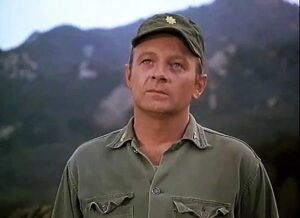
2. Major Margaret Houlihan (early seasons): Initially portrayed with a strict demeanor, Margaret often finds herself at odds with the male characters. Her evolution throughout the series showcases her complexity as she navigates the challenges of military life and her desire for respect.
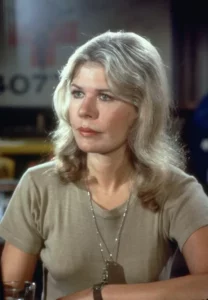
3. Colonel Blake: While not a traditional villain, Colonel Blake’s leadership style sometimes puts the team in difficult situations. His struggle to balance military duties with the welfare of his staff highlights the challenges faced by those in command.
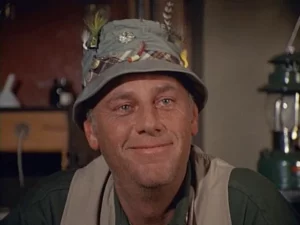
4. General Frank Burns: When promoted, Frank’s arrogance becomes more pronounced, making him a more formidable opponent for Hawkeye and Trapper. His character represents the pitfalls of ambition and the moral compromises that can come with power.
5. Major Winchester: Initially introduced as a foil to Hawkeye, Winchester’s elitist attitude creates tension within the camp. His character arc reveals layers of vulnerability, making him more than just a rival.
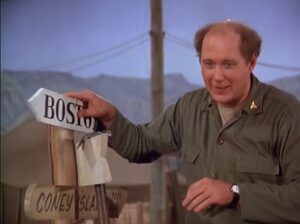
6. Lieutenant Colonel Henry Blake’s Successor: The change in command brings new challenges, as the new colonel imposes stricter regulations that clash with the team’s free-spirited approach to medicine and life in the field.

7. The Army Brass: Various unnamed generals and military officials appear throughout the series, often representing the bureaucratic obstacles that frustrate the medical staff. Their rigid adherence to protocol adds tension to the show’s narrative.
8. The War Itself: While not a character, the war serves as an omnipresent antagonist, creating conflict and moral dilemmas for all characters. The struggles and traumas experienced by the medical staff reflect the chaotic nature of warfare.
9. The New Nurse: Occasionally, new nurses are introduced with contrasting views and methods that challenge the established dynamics within the team, creating conflict and prompting character growth.
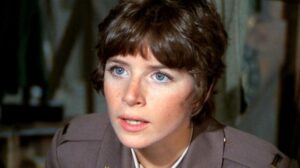
10. The Enemy: Though rarely shown directly, the enemy soldiers serve as a distant threat that looms over the camp, representing the dangers and ethical complexities of war.
These villains in MAS*H are not just obstacles; they are integral to the show’s exploration of human nature, morality, and the absurdities of war. Their interactions with the main characters add layers to the narrative, making the series richer and more engaging.